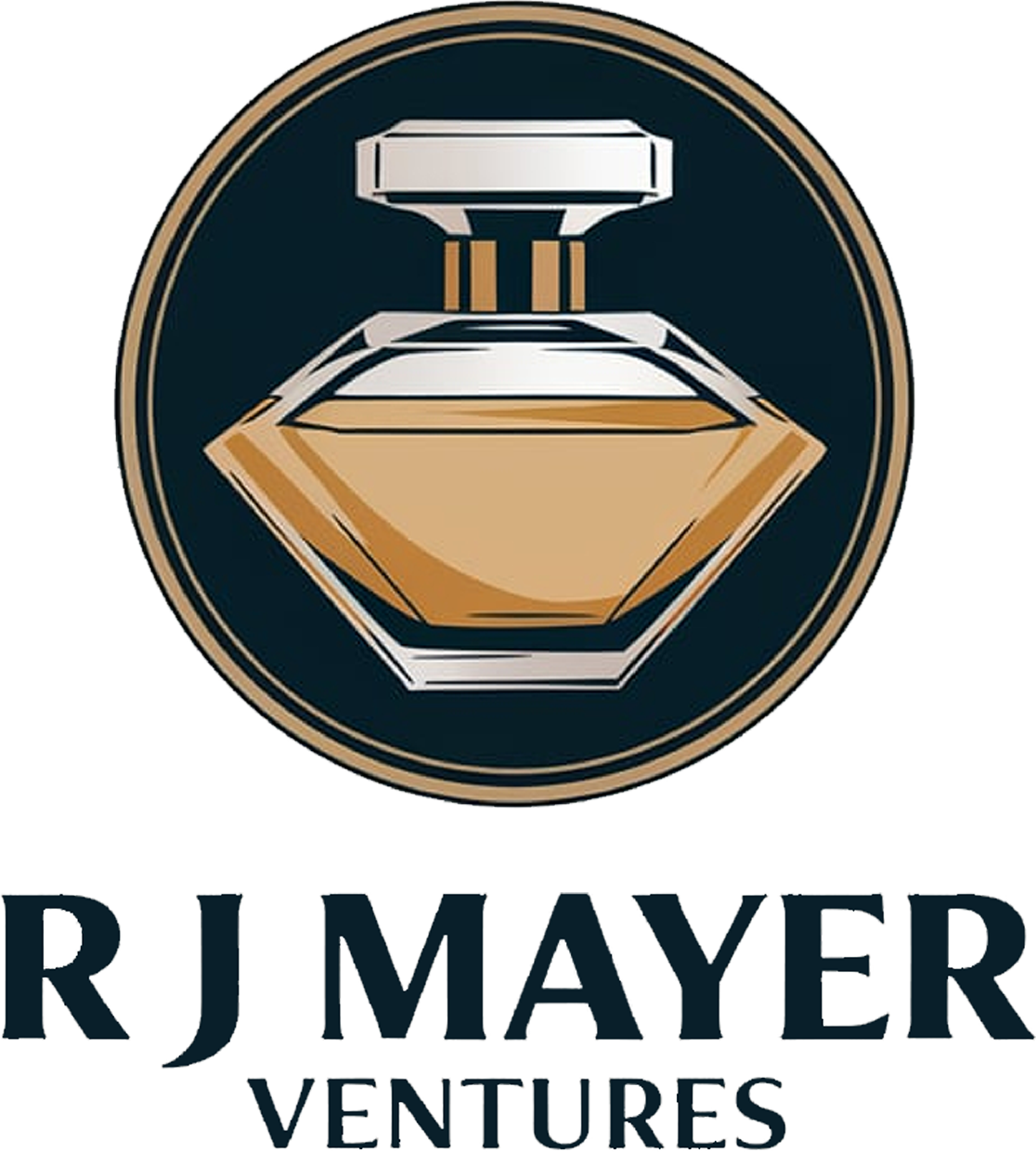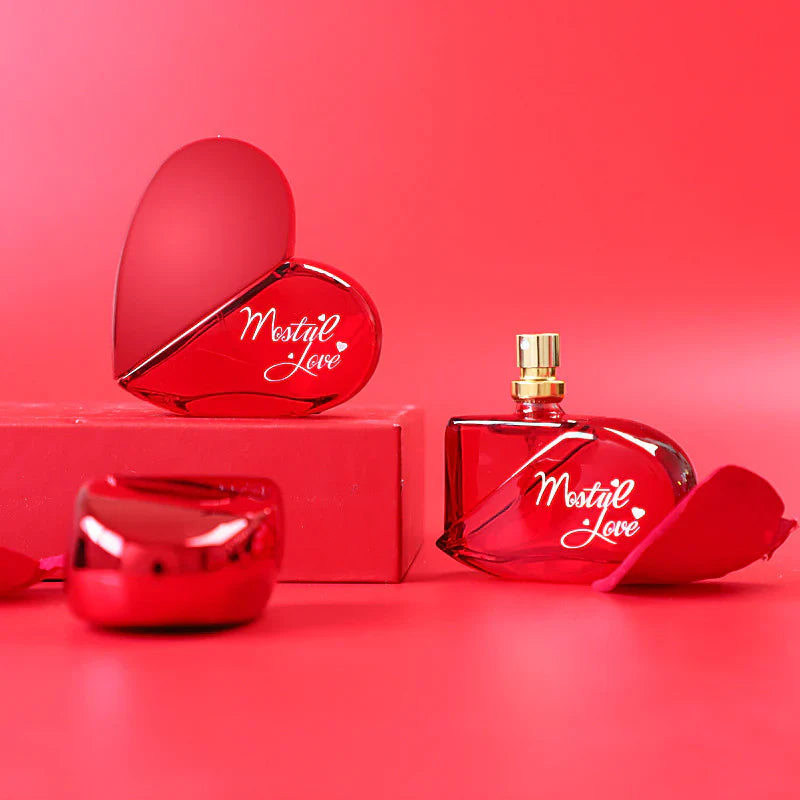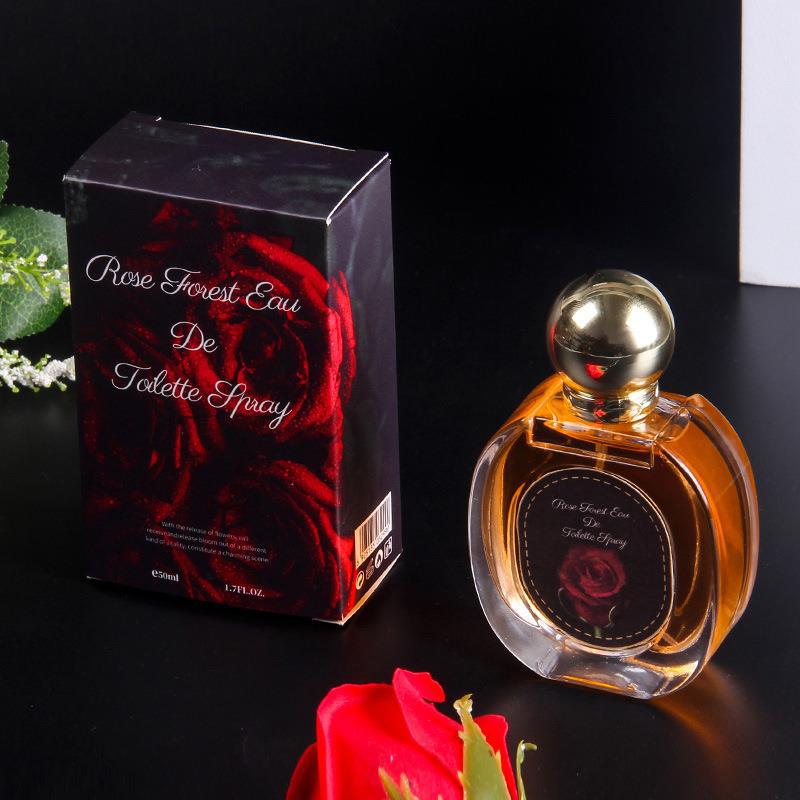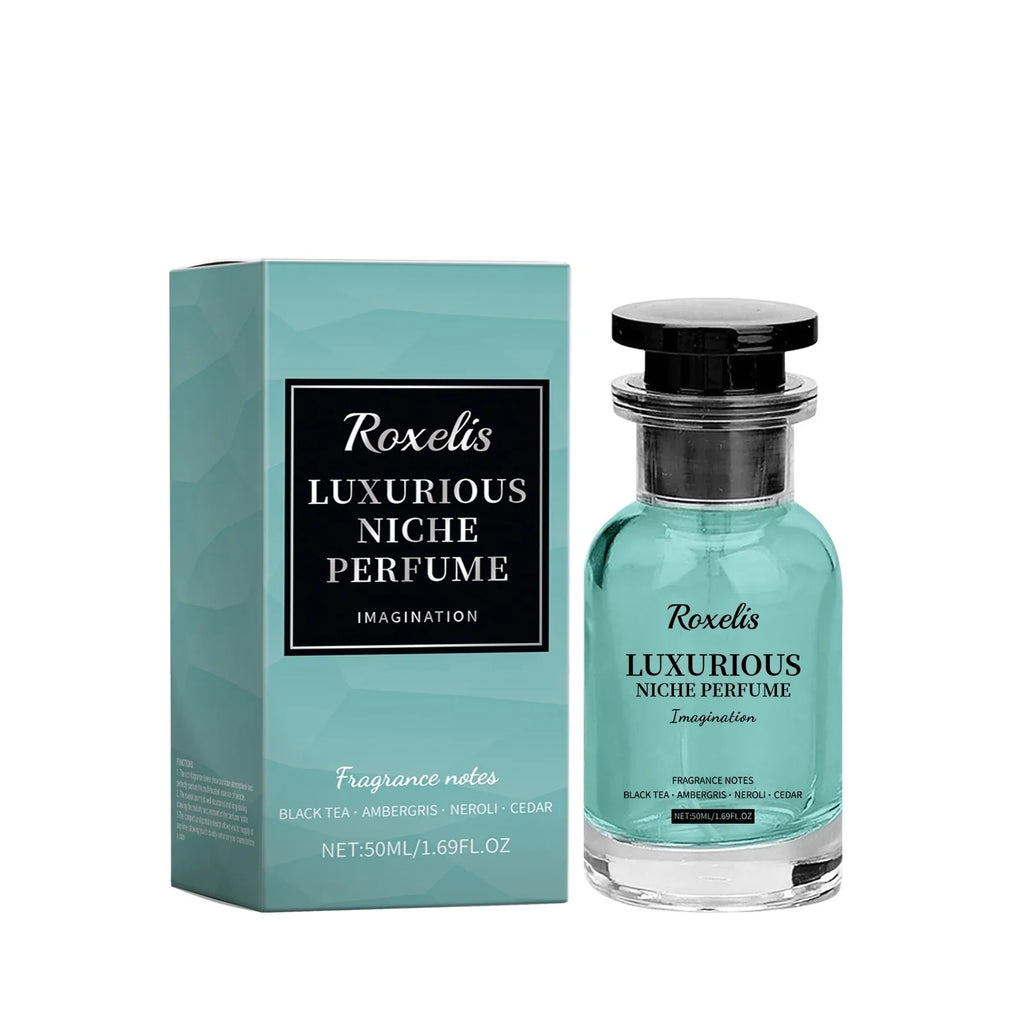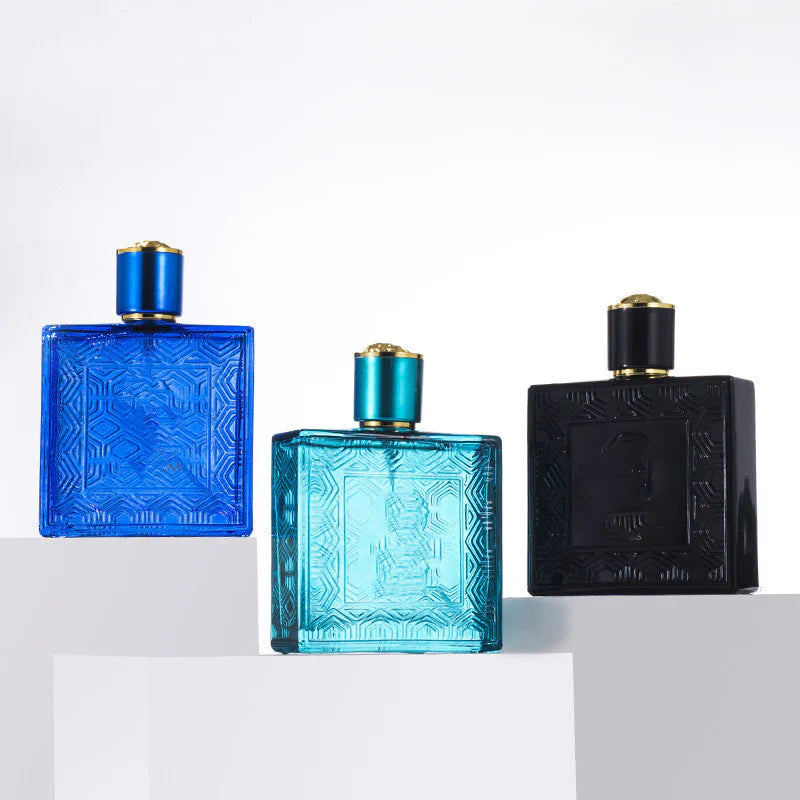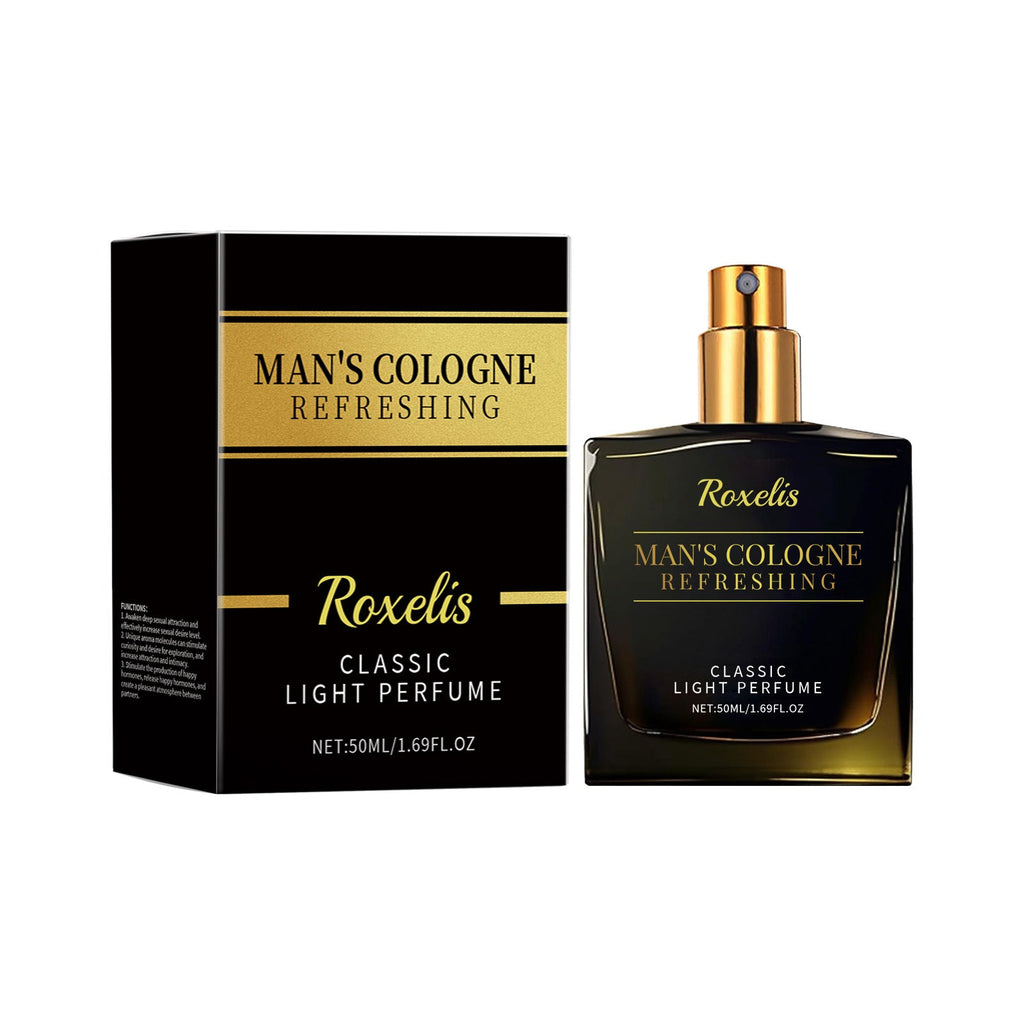
Men’s Perfume: Find Your Perfect Fragrance Match

Men’s Perfume: Find Your Perfect Fragrance Match
Selecting the perfect fragrance can be a game-changer for many men. A signature scent not only enhances your style but also leaves a lasting impression. However, finding the ideal perfume that aligns with your personality and preferences can be a daunting task. This guide aims to simplify the process and help you discover your perfect fragrance match. SHOP
1. Understanding Fragrance Families
Perfumes are categorized into different fragrance families based on their scent characteristics. Here are the main families:
Citrus: Fresh and invigorating, citrus scents include notes of lemon, bergamot, and orange. They are perfect for a lively, energetic feel.
Woody: Earthy and warm, woody fragrances feature notes like sandalwood, cedar, and vetiver. These scents are often grounding and sophisticated
Oriental: Rich and exotic, oriental fragrances include spices, amber, and vanilla. They are ideal for an evening out or special occasions.
Fresh: Clean and crisp, fresh scents include notes of green leaves, aquatic accords, and herbs. They are great for a light, everyday fragrance.
Fougere: A classic fragrance family, fougere perfumes blend herbaceous, floral, and woody notes, creating a balanced and masculine scent.
2. Identifying Your Preferences
Before diving into the world of perfumes, it’s essential to understand your preferences. Consider the following:
Lifestyle: Are you looking for a fragrance for daily use, special events, or specific seasons?
Personality: Do you prefer bold and assertive scents, or are you drawn to subtle, understated fragrances?
Occasion: Think about where and when you’ll be wearing the perfume.
3. Testing Perfumes
To find your perfect fragrance, it’s crucial to test perfumes properly. Here’s how to do it:
Start with a Clean Slate: Avoid wearing any other fragrances that could interfere with your sense of smell.
Spray on Pulse Points: Apply the perfume to your wrists, neck, and inner elbows. These areas emit heat, which helps to release the fragrance.
Allow Time: Give the perfume time to develop on your skin. Fragrances can change as they dry down, so it’s important to experience the top, middle, and base notes.
4. Longevity and Projection
When choosing a perfume, consider its longevity (how long the scent lasts) and projection (how far the scent travels). Here’s what to look for:
Longevity: Eau de Parfum (EDP) typically has a longer-lasting scent compared to Eau de Toilette (EDT) due to a higher concentration of fragrance oils.
Projection: Choose a fragrance with the appropriate projection based on your preferences. If you want a scent that stays close to the skin, opt for a more intimate fragrance. For a bolder presence, choose one with strong projection.
5. Building a Fragrance Wardrobe
Just like your wardrobe, having a collection of fragrances for different occasions can be beneficial. Consider the following:
Signature Scent: Your go-to perfume that defines your style and personality.
Seasonal Fragrances: Light and fresh scents for spring and summer; warm and spicy scents for fall and winter.
Special Occasion Scents: Perfumes reserved for important events or memorable moments.
Conclusion
Discovering the perfect fragrance match is a personal journey that involves exploring different scents, understanding your preferences, and experimenting with various options. A well-chosen perfume can boost your confidence, evoke cherished memories, and create a lasting impression. As you embark on this journey, keep in mind that the right scent is one that resonates with you and complements your unique personality.
In addition to selecting a fragrance, it's important to consider how you store and apply it. Keep your perfumes in a cool, dark place away from direct sunlight to preserve their quality. When applying perfume, remember that less is more. A light spritz on your pulse points is usually sufficient.
FAQs
1. What are the main fragrance families for men’s perfumes?
The main fragrance families include citrus, woody, oriental, fresh, and fougere. Each family has distinct scent characteristics that cater to different preferences and occasions.
2. How should I test perfumes before buying them?
Test perfumes on your skin by spraying them on pulse points like your wrists, neck, and inner elbows. Allow the fragrance to develop over a few hours to experience its full range of notes.
3. What factors should I consider when choosing a perfume?
Consider factors such as your lifestyle, personality, and the occasion. Additionally, pay attention to the perfume's longevity and projection to ensure it meets your needs.
4. What's the difference between Eau de Parfum (EDP) and Eau de Toilette (EDT)?
Eau de Parfum (EDP) has a higher concentration of fragrance oils and typically lasts longer than Eau de Toilette (EDT), which has a lighter, more subtle scent.
5. How can I make my perfume last longer?
To make your perfume last longer, apply it to pulse points, moisturize your skin before application, and store your fragrances in a cool, dark place away from direct sunlight.
